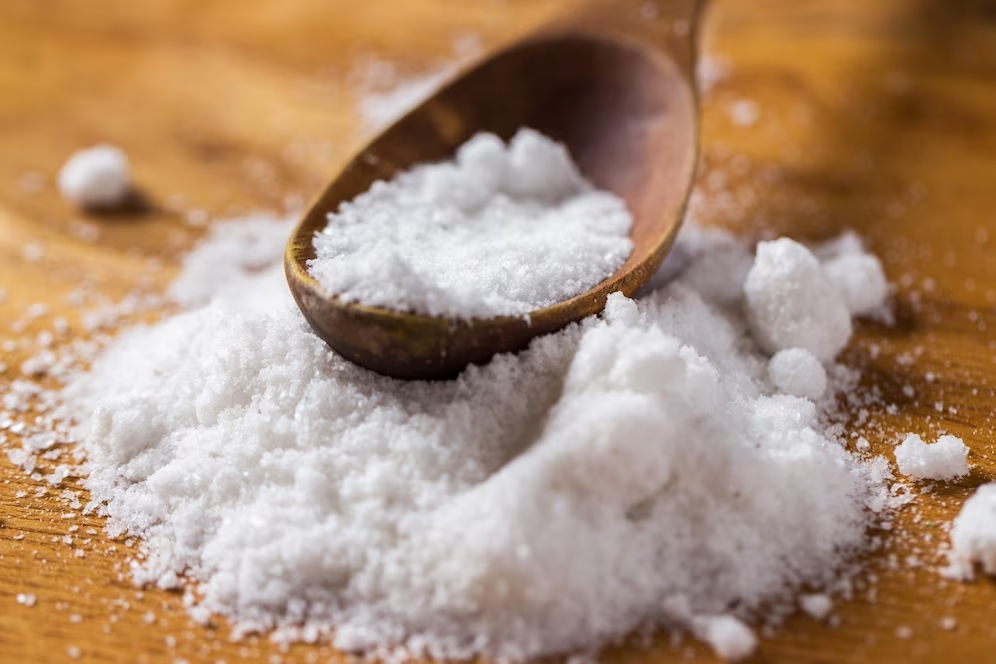We have seen so many people cutting salt in their diet and advising others to do so.
Do we know the pros and cons of salt in our diet?
Now let us deeply get into it.
How much salt? Adults should eat no more than 6g of salt a day (2.4g sodium) – that’s around 1 teaspoon. Children aged: 1 to 3 years should eat no more than 2g salt a day (0.8g sodium)
In severe zases, low sodium levels in the body can lead to muscle cramps, nausea, vomiting and dizziness. Eventually, lack of salt can lead to shock, coma and death. Severe salt loss is very unlikely to happen because our diets contain more than enough salt.
The immediate symptoms of eating too much salt include: Increased thirst. Swollen feet or hands. Headache (in some cases)
This is why, over time, eating too much salt comes with long-term health consequences, including:
- High blood pressure (hypertension)
- Heart disease.
- Stroke.
- Kidney disease.
- Kidney stones.
sodium can also affect your sleep? “Eating a meal that’s high in sodium at dinnertime can contribute to sleep disturbances, in part due to an increase in blood pressure and fluid retention. “The result may be restless sleep, frequent awakenings and not feeling rested in the morning.
Salt plays a vital role in our body. It can help regulate muscle contraction, nerve function and blood volume. It also regulates fluid levels in your body. “Low sodium levels can cause dehydration, muscles cramps or even organ failure.
Increasing sodium intake, therefore, can increase muscle size by adding more fluid volume. A higher volume of intracellular fluid also increases protein turnover, further spurring growth.
A lot of strength and power is intracellular water retention and sodium will help you retain water better. Get better pumps! The same way that sodium helps you to contract your muscles, it’ll also help to flood your muscles with more water, meaning you get much better pumps in the gym.
Sodium also maintains our body’s water level. The body is made up of approximately 60% water, so it’s easy to see why this function would be important. Sodium is especially critical for maintaining blood volume (how much water your blood is composed of) and helping the kidneys determine how much water to excrete and how much water to hold in the body.
It’s true that taking in too much sodium can cause serious health consequences like high blood pressure, but that’s only in certain individuals (e.g., those with kidney issues or with a history of blood pressure issues). For the rest of us, getting in higher amounts of sodium just means our body will readily get rid of what it doesn’t need via urine and sweat.
BLOATED TRUTH | If you’re worried about looking bloated from a diet higher in sodium, don’t be. Remember that your body’s water levels are tightly regulated. Although short periods of high sodium intake will make you retain more water and short periods of low sodium intake will cause you to hold less water, you’ll retain the same amount of water over the long run, whether you follow a higher-sodium diet or a lower-sodium diet because your body will work to maintain a certain level of water. However, by eating a higher-sodium diet now, you not only gain the health and muscle-building benefits of sodium but also make it that much easier to drop water when you want to cut sodium for a short period to peak for a contest, photo shoot or day at the beach.
Why Too Much Sodium Is Bad For You
Before we savour the flavour of how much sodium we should have for bodybuilding, let’s season our minds with why too much sodium is bad for our health.
Many trusted health experts such as the American Heart Association, Centre for Disease Control, and American Dietetic Association encourage Americans to reduce their sodium levels.
Too much dietary salt is associated with dangerous health conditions such as high blood pressure, heart disease, and stroke. It can also result in weakened bone strength since too much sodium can actually result in some calcium being pulled from the bone.
ANYTHING IN EXCESS OR TOO LITTLE CAN AFFECT YOUR BODY WHETHER IT IS SALT OR SOMETHING AS SIMPLE AS WATER.
Try and balance your salt intake depending on what phase of your body you are in and how do you want your body to feel from the inside and look like.
We hope this helps!
Join haachiko fitness now to understand diet and nutrition and change your fitness game.




